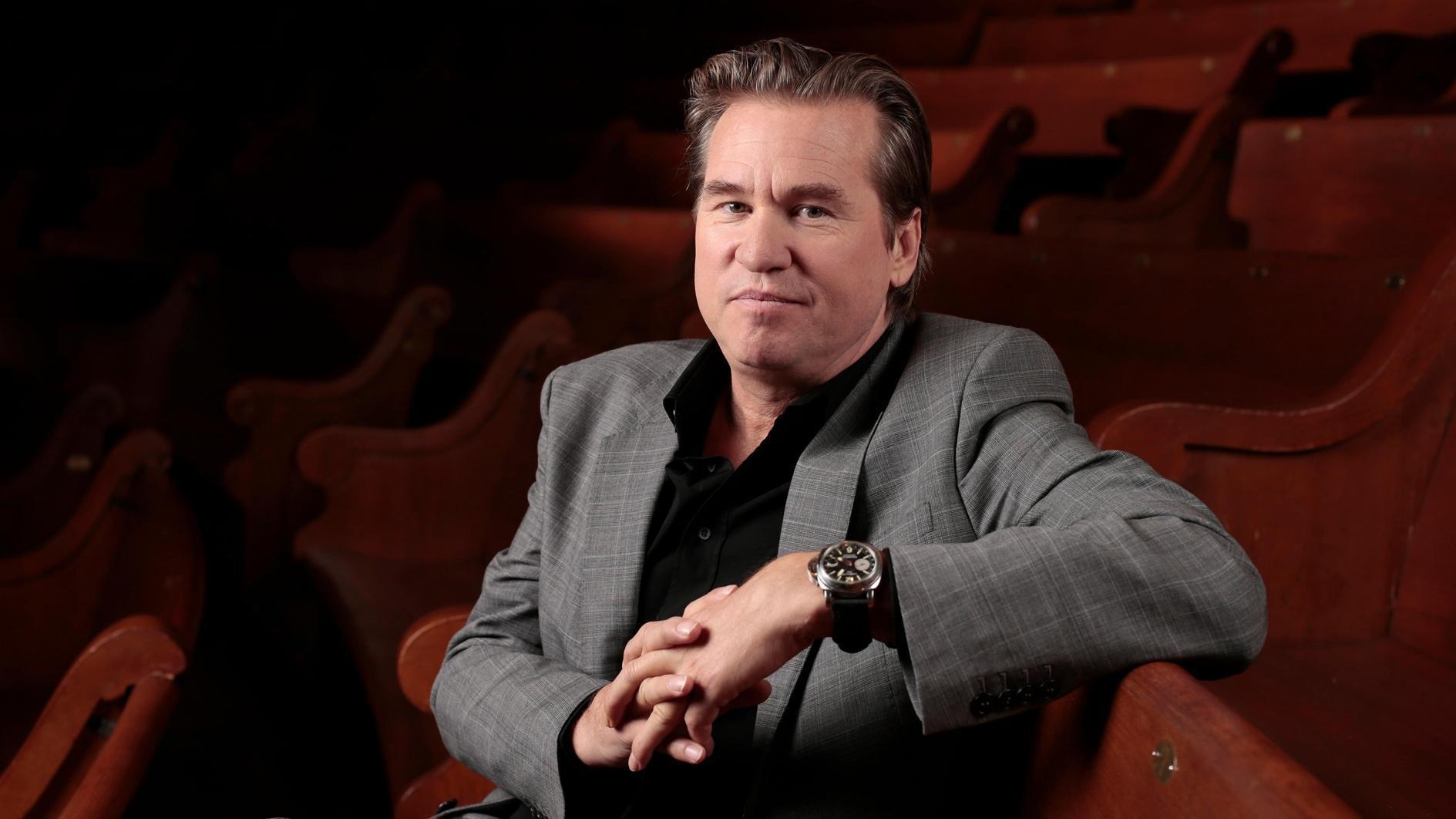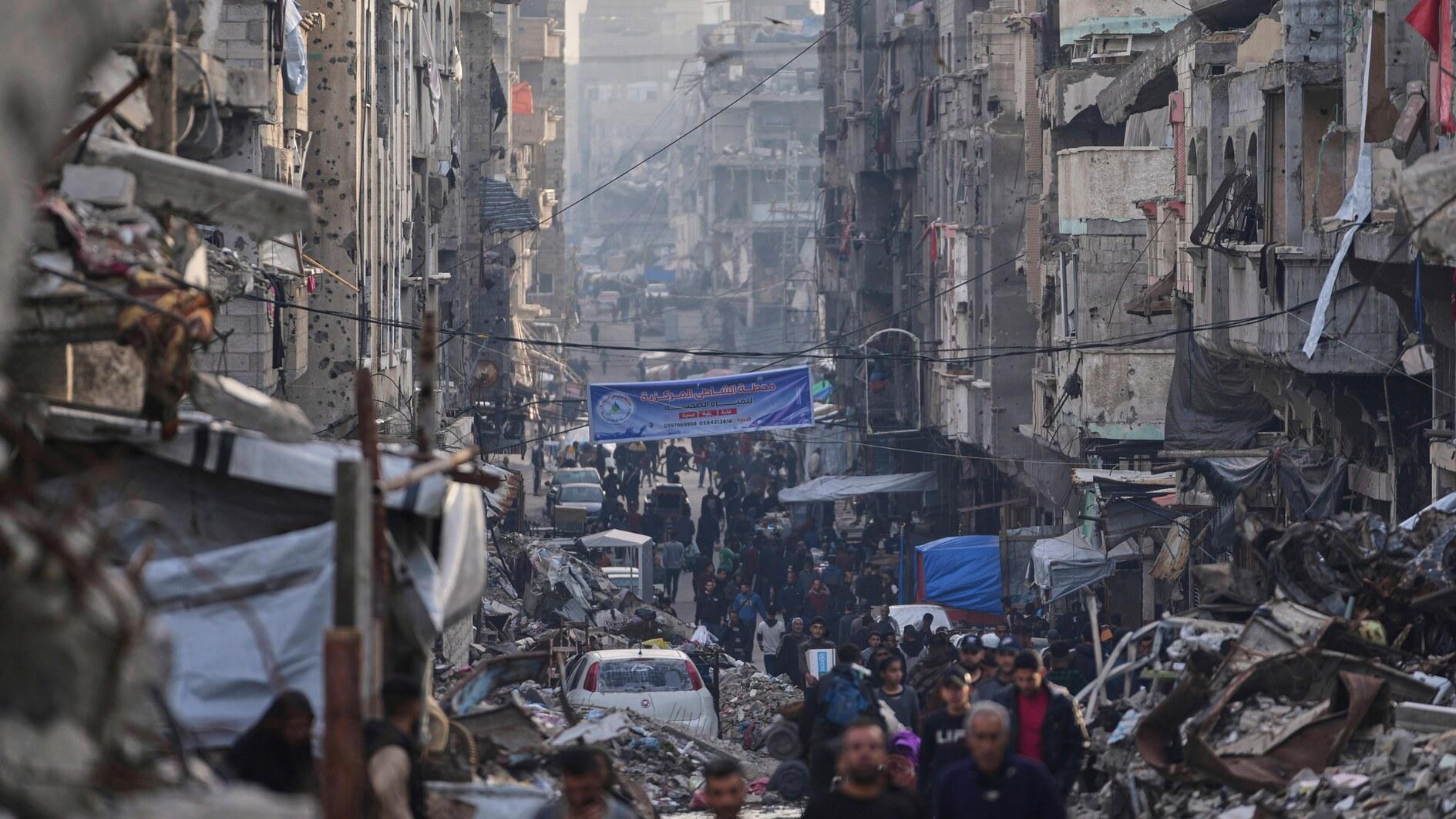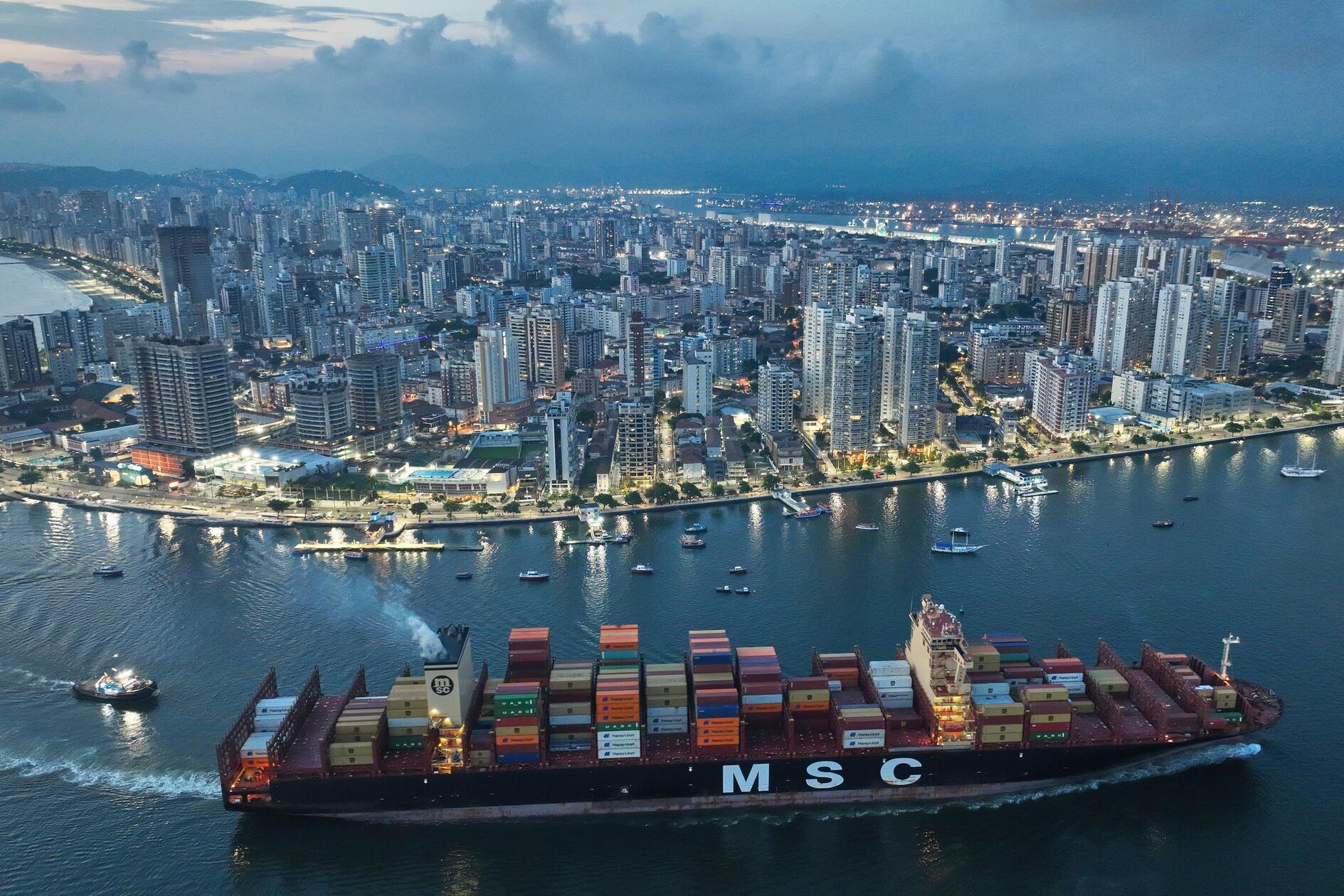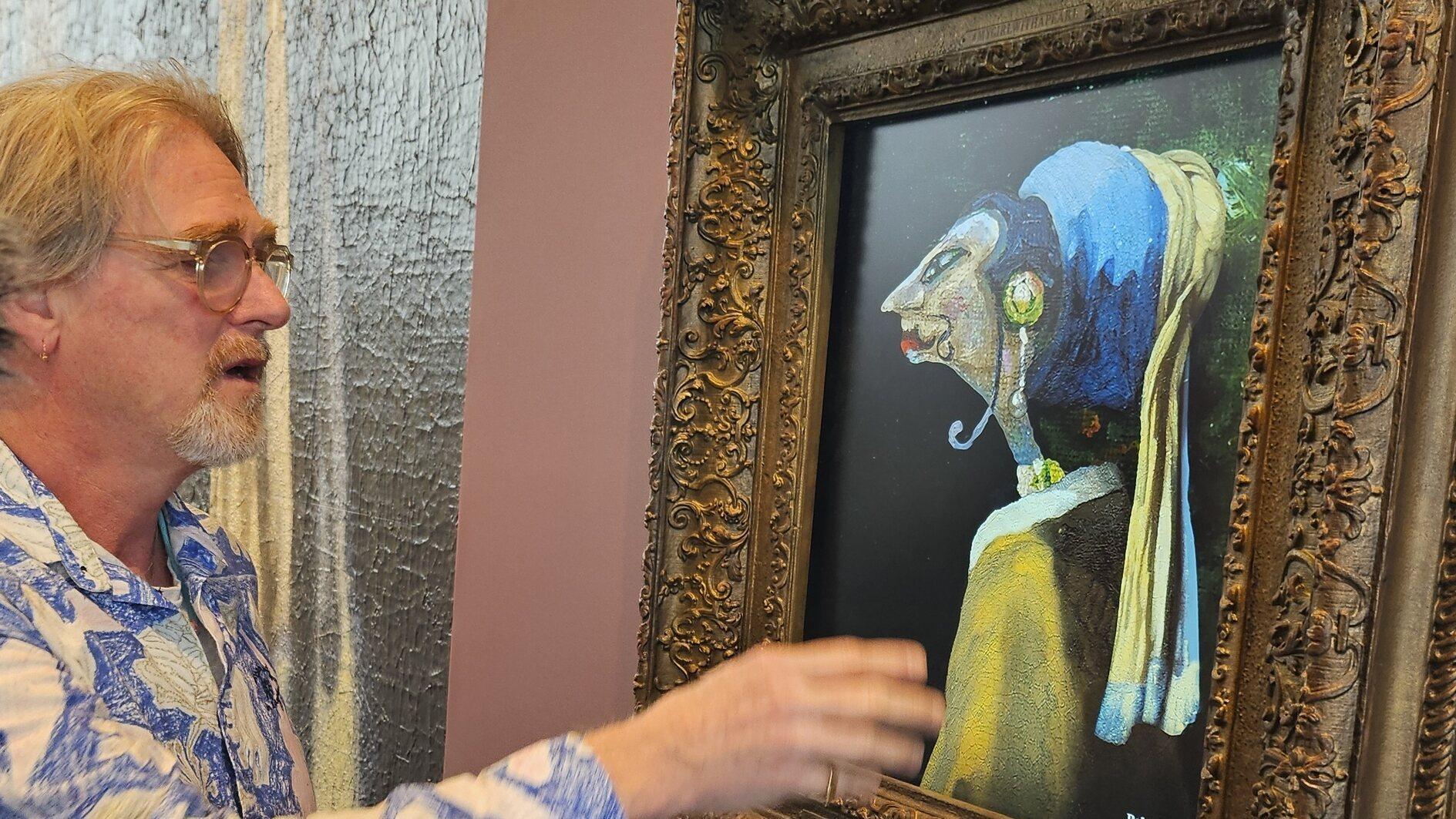Time to demonstrate a genuine partnership of equals in Ankara and Brussels
MEHMET ÖĞÜTÇÜ, STEPHEN JONES
There is a deep unease among Turks that the European Union will wash its hands and conscience of the worsening Syrian refugee situation by extending a colossal handout - now 6 billion euros - to Ankara to make this escalating political problem go away.Meanwhile, judging by the media coverage of the recent EU-Turkey summit on migration, EU citizens could be forgiven for thinking the Turks are driving a hard bargain to extract more concessions from Europe in terms of increased financial support and revitalizing their largely dormant EU accession process.
The truth, as always, is somewhere in between, but it is critical that this gulf of mutual perceptions should be bridged. Turkey is frustrated that it remains at the periphery of the EU’s ambitions - eroded though those ambitions are by multiple internal crises - and feels that Brussels comes running only in times of need.
The EU, meanwhile, sees Turkey as opportunist and hard to trust, a perennial complaint exacerbated by the debate in Britain - always Turkey’s strongest champion in the EU - about whether to stay in or leave the EU.
A strong and self-confident EU would not be seeking Turkey’s cooperation in this way. The recent crackdown on opposition media in Turkey would surely have forced the summit’s cancelation. Instead, it was barely discussed by Europe’s leaders. It’s a sign of just how high Turkey’s stock has risen in Europe, and just what an opportunity exists to recalibrate the EU-Turkey relationship according to new global power dynamics.
Diplomats on both sides are crafting a deal. The United Nations has expressed concern that Ankara’s proposed solution - and it should be noted that one country managed to fashion a solution where 28 others could not - will potentially breach international law. But it’s obvious that the situation needs creative and cohesive answers. The same can be said in general of the Syrian civil war, which is the root cause of these problems. There is now a chance for both parties to rediscover their vocation as natural partners, regardless of the formal framework. Those details can come later, what’s important is the level of commitment and positivity on both sides.
The key test for Turkey will be the EU’s willingness to develop and implement a genuine system of visa exemption for Turks traveling to Europe. Also crucial will be the momentum towards opening and closing more of the negotiating chapters in the EU accession process, which was restarted in late 2015. Accession, if it is indeed the desired outcome for both the EU and Turkey, is still years away but for as long as Turkey remains a candidate country it should be enabled to extend this dialogue with Brussels.
Turkey’s rapid rise to regional pre-eminence, demonstrated clearly by its willingness to defend NATO borders against the Kremlin’s warplanes, presents the EU with many opportunities which it is unable to exploit itself. The EU has no combat military capability, but Turkey has powerful and high-tech forces ready to lead ground operations in Syria if it feels an existential threat.
Turkey is also a bridge to the Gulf, whose countries have been pressured to take in more of the refugees now in the EU and provide more funding - and yet Brussels has failed to leverage Ankara’s position to pressure Saudi Arabia, Qatar and others to meet their humanitarian and political responsibilities.
Furthermore, a strong, strategically-minded Turkey is an indispensable ally in the battle to rein in Russian military adventurism and irredentism. This suits the EU’s recent foreign policy narrative, and it helps to cover up the gaping hole between intentions and actions in Brussels: Turkey becomes a useful outlier for pursuing a new policy of containment, but it can only succeed in this risky game with the full backing of the U.S., the EU and NATO.
The specter of Iran also hangs heavy over the region, and Turkey will undoubtedly play a crucial role in keeping Tehran’s interference in the region in check. Here, Turkey’s deepening alliances with fellow Sunni powers Saudi Arabia and Qatar will be important to reinforcing the Western view that a process of political transition devoid of Syrian President Bashar al-Assad should be the starting point of a peaceful resolution to the conflict. However, Turkey should avoid falling into the sectarian traps that Iran likes to spring and Russia likes to benefit from. Sectarianism is not the answer to Syria’s problems - it remains at their root.
Next week, Prime Minister Ahmet Davutoğlu will return to Brussels. His current involvement in EU summits is unprecedented, and augurs well for increased understanding on both sides. But Brussels needs to stop talk of Turkey exploiting Europe’s weakness. The Syrian humanitarian disaster is not a pretext to strengthen Turkey’s EU engagement. This is instead a rebalancing of a relationship now skewed by Europe’s weaknesses and Turkey’s depth of strategic options. The refugee crisis poses a substantial threat to the social and political fabric of the country, not to mention its security and economy. Europe’s six billion euros will not make much of a dent in the 10 billion euros Turkey has spent so far managing the catastrophe. Much more will be needed.
The EU and Turkey have reached a crossroads in their tempestuous relationship. Now is the time for Brussels to reaffirm its commitment to Turkey’s European ambitions. To neglect Ankara is to invite further destabilization of the EU’s neighborhood. Turkey, meanwhile, needs to manage its advantageous position for the long-term, not just for immediate gains. The stakes in the EU-Turkey chess game have never been higher.











